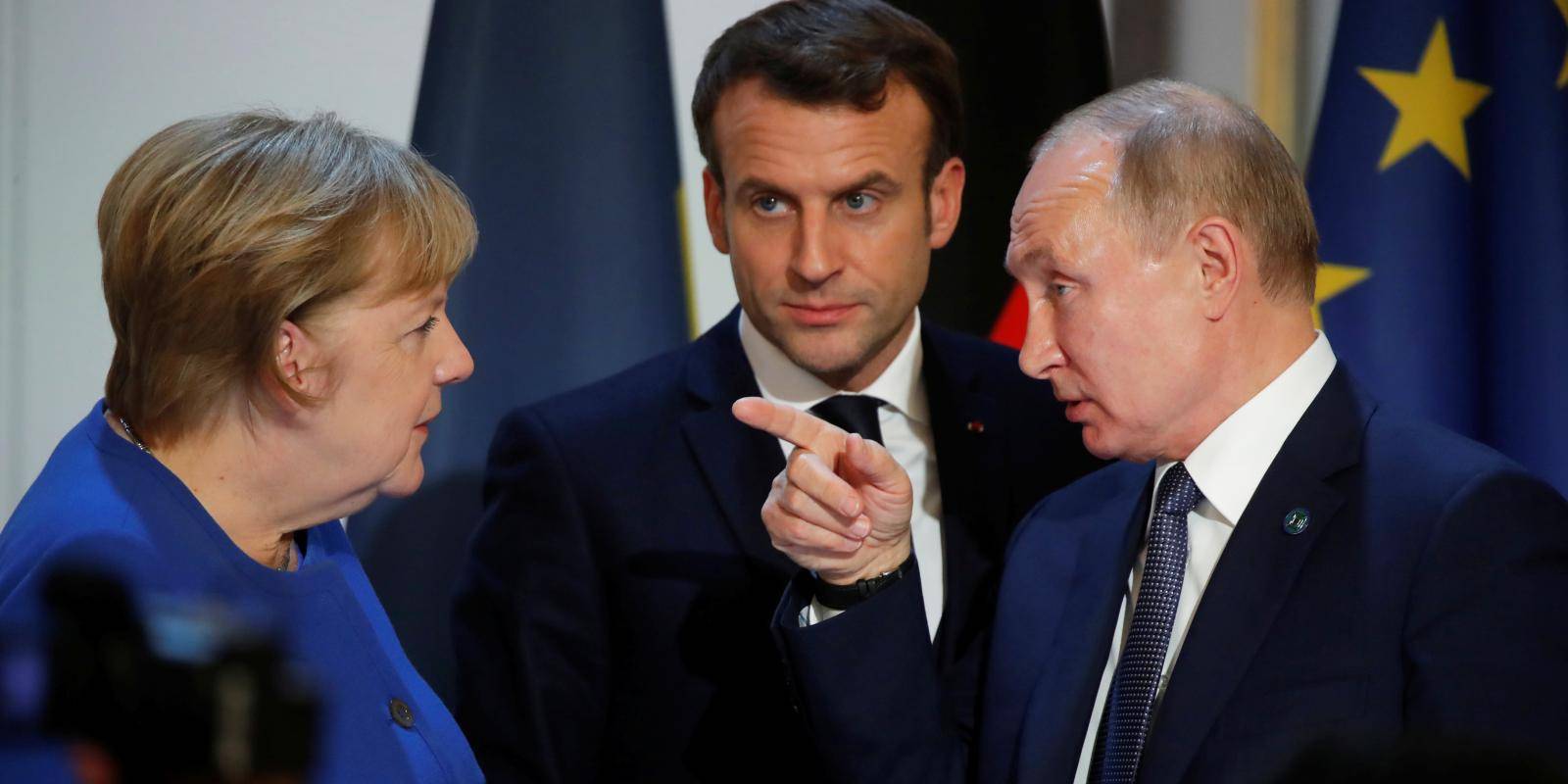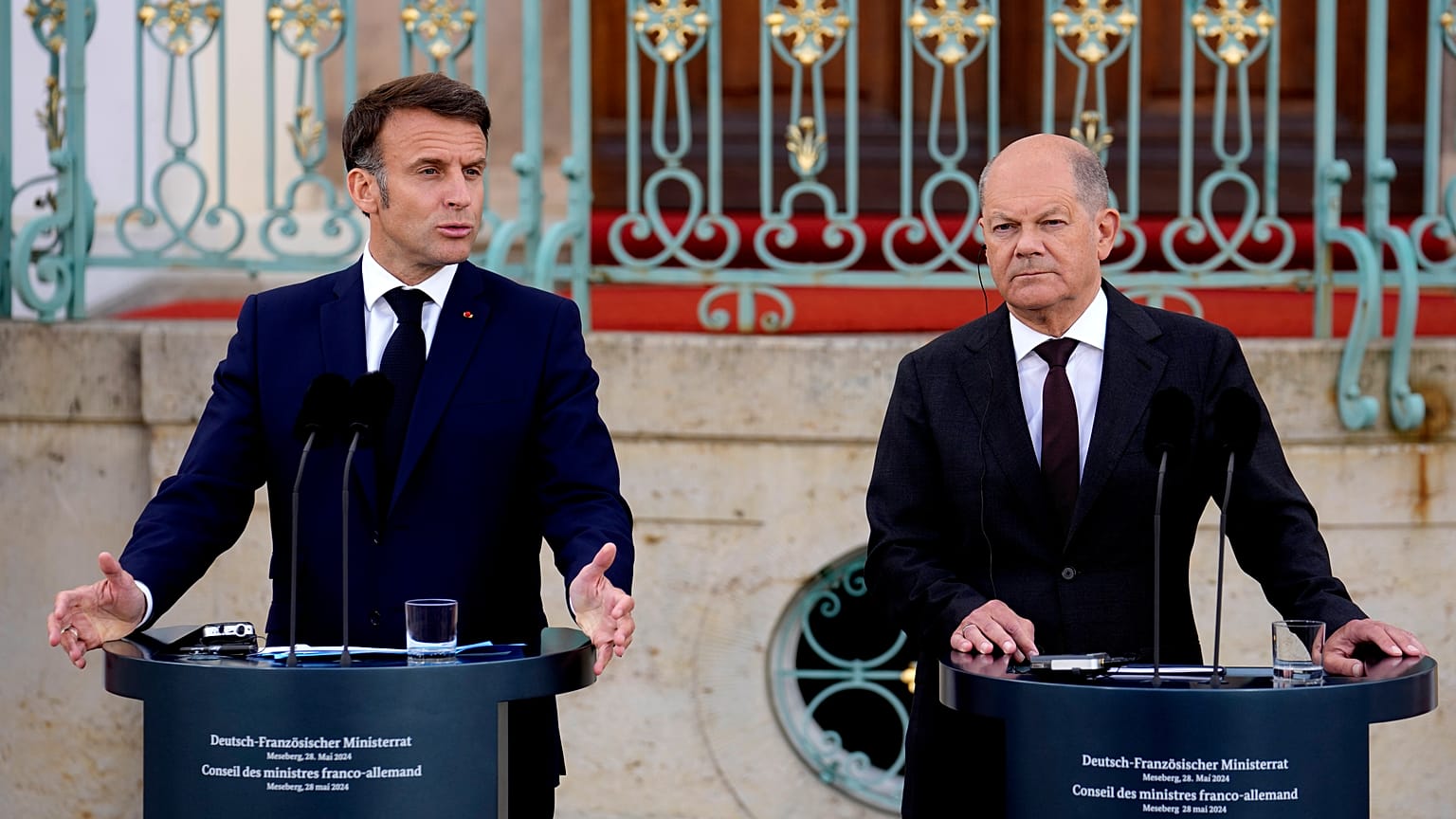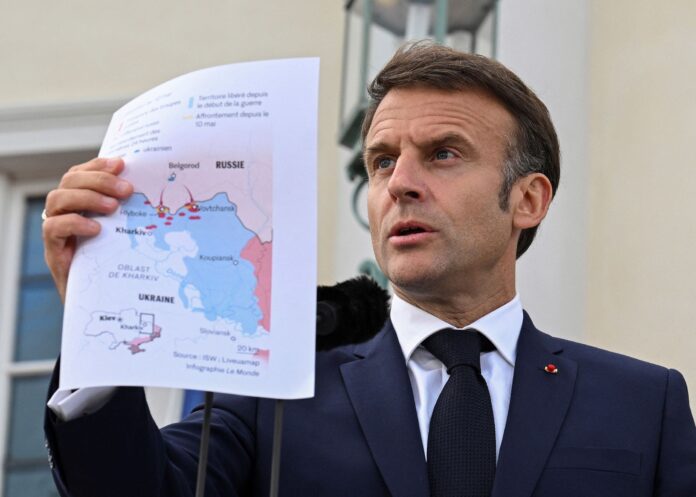Franco-German Alliance Pushes for Secondary Sanctions
French President Emmanuel Macron and German Chancellor Friedrich Merz unveiled a major policy shift on Thursday, announcing their intention to impose secondary sanctions on foreign companies that facilitate Russia’s war economy. The move, revealed during the Franco-German Council of Ministers in Toulon, marks the first high-level meeting between Paris and Berlin since Germany’s change of government earlier this year.
The leaders emphasized that the sanctions are designed to cut off Moscow’s ability to finance its war in Ukraine through oil and energy revenues. “We will exert maximum pressure on Russia to end its illegal war of aggression,” the two leaders said in a joint statement. Both insisted that companies in third countries profiting from Russian crude sales would no longer be spared from punitive action.
Expanding the Sanctions Strategy

In their Friday statement, Macron and Merz confirmed they would lobby within the European Union and the Group of Seven (G7) to establish a coordinated framework for targeting non-Russian companies supporting Moscow. This represents a significant escalation from previous rounds of sanctions, which largely focused on Russian banks, oligarchs, and state enterprises.
Macron stressed that France is willing to act unilaterally but underscored the necessity of U.S. alignment for maximum impact. “We are ready to act on our own, but we call on the United States to join these efforts in order to bring Russia back to the negotiating table,” he said at a joint press conference.
The initiative follows reports that Russia continues to generate significant oil income despite Western restrictions. In July, Moscow earned approximately $9.8 billion from oil and gas, a 27 percent drop compared to the previous year but still a lifeline for the Kremlin. Oil remains nearly 40 percent of Russia’s exports, with countries such as India, China, and Turkey absorbing large portions of the sanctioned crude.
Triggered by Escalating Violence in Ukraine

The sanctions announcement came on the heels of one of the deadliest Russian strikes on Kyiv in recent months. A barrage of missiles and drones killed at least 25 civilians, including four children, and injured dozens more. Ukrainian President Volodymyr Zelensky condemned the assault as “an absolutely vile strike that shows Putin’s true intentions – to continue killing, not to take steps toward peace.”
In response, France and Germany pledged to step up military assistance to Ukraine, particularly in air defense systems, while also opening a new “strategic dialogue” on nuclear deterrence. The initiative seeks to strengthen European security cooperation and develop what both leaders termed a “common strategic culture.”
Chancellor Merz welcomed signals that Washington may impose tariffs on nations continuing to purchase Russian oil, calling such a move a “necessary step” to choke off Moscow’s revenue streams.
Stalled Diplomatic Path
The renewed sanctions drive also highlights growing frustration over stalled diplomacy. Earlier this month, U.S. President Donald Trump met Russian President Vladimir Putin in Alaska, sparking cautious optimism about direct talks between Moscow and Kyiv. However, those hopes have since faded.
Russian Foreign Minister Sergey Lavrov confirmed this week that “the agenda is not ready at all” for a meeting between Putin and Zelensky, effectively dashing speculation of imminent negotiations. Macron voiced disappointment at Putin’s reluctance to engage, warning that if the Russian leader fails to meet a Monday deadline for talks, it would prove “President Putin has played President Trump.”
The French president has sharpened his rhetoric in recent weeks, describing Putin as “an ogre at our gates.” Moscow denounced the remarks as “unworthy of a head of state,” but Macron has refused to retract them.
Merz, echoing Macron’s skepticism, predicted the war could drag on for “many more months” given the Kremlin’s unwillingness to pursue genuine dialogue. “To be frank, that does not surprise me, as this is part of this Russian president’s strategy,” he said.
A New Phase of Economic Pressure
The proposal for secondary sanctions underscores Europe’s determination to intensify pressure on Russia as battlefield violence escalates and diplomatic initiatives stall. By targeting companies outside Russia that help sustain its oil revenues, France and Germany hope to close loopholes that have allowed Moscow to weather previous sanctions.
European officials believe the measure could reshape the sanctions landscape by forcing countries and firms outside the West to choose between access to Western markets and continued trade with Russia. For Ukraine, the Franco-German initiative signals both deeper solidarity and a recognition that the war is entering a protracted phase requiring stronger economic and military countermeasures.
As Macron and Merz concluded in their statement: “We will not allow Russia to escape accountability through third parties. Those who enable this war will also face consequences.”
Sources: Al Jazeerah

